POLL EXPLAINER: Inside turmoil facing Tasmania ahead of second state election in 16 months
The Apple Isle is heading to its second state election in 16 months, as overdue ships linger off the coast of Africa and an AFL team hangs in the balance.
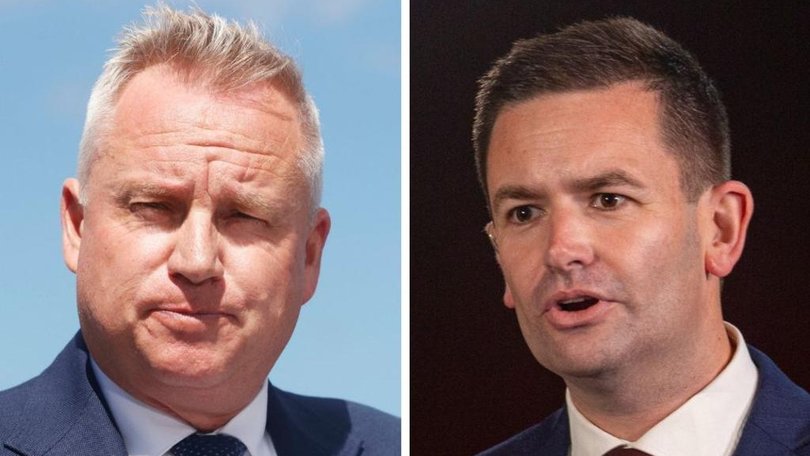
About one in four Tasmanians have already cast their vote ahead of Saturday’s election that’s tipped to return another hung parliament.
The latest opinion survey suggests the Liberals will pick up more seats than Labor but neither will reach the 18-seat mark required for majority.
More than 100,000 people have voted early - about a quarter of Tasmania’s 412,000 enrolled voters and an increase of 30,000 from the same point in the last campaign.
Sign up to The Nightly's newsletters.
Get the first look at the digital newspaper, curated daily stories and breaking headlines delivered to your inbox.
By continuing you agree to our Terms and Privacy Policy.Saturday’s election is the fourth in just over a year for many Tasmanians. The last State election was held in March 2024, voters returned on May 3 for the Federal poll, and May 24 as a number of legislative council seats were contested.
With key projects on the line, a unique electoral system and the risk of a fifth election for voters in the near future if Saturday’s poll does not return a clear result, this election will have major impacts on the state’s future.
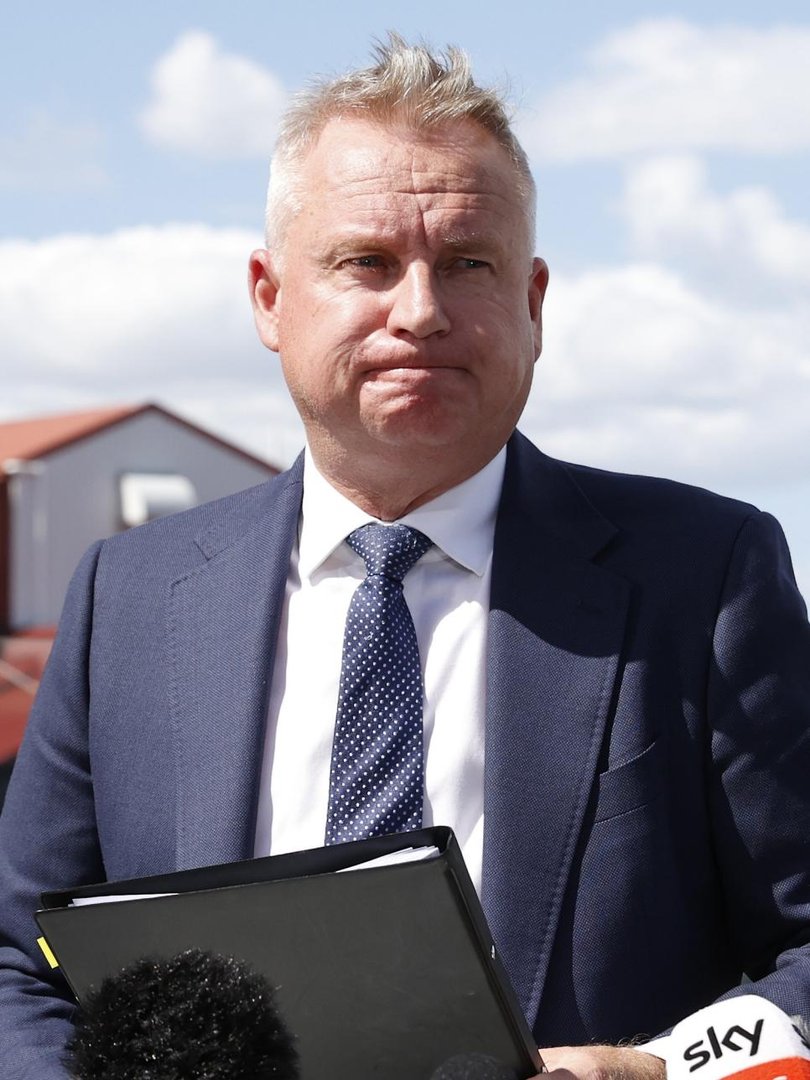
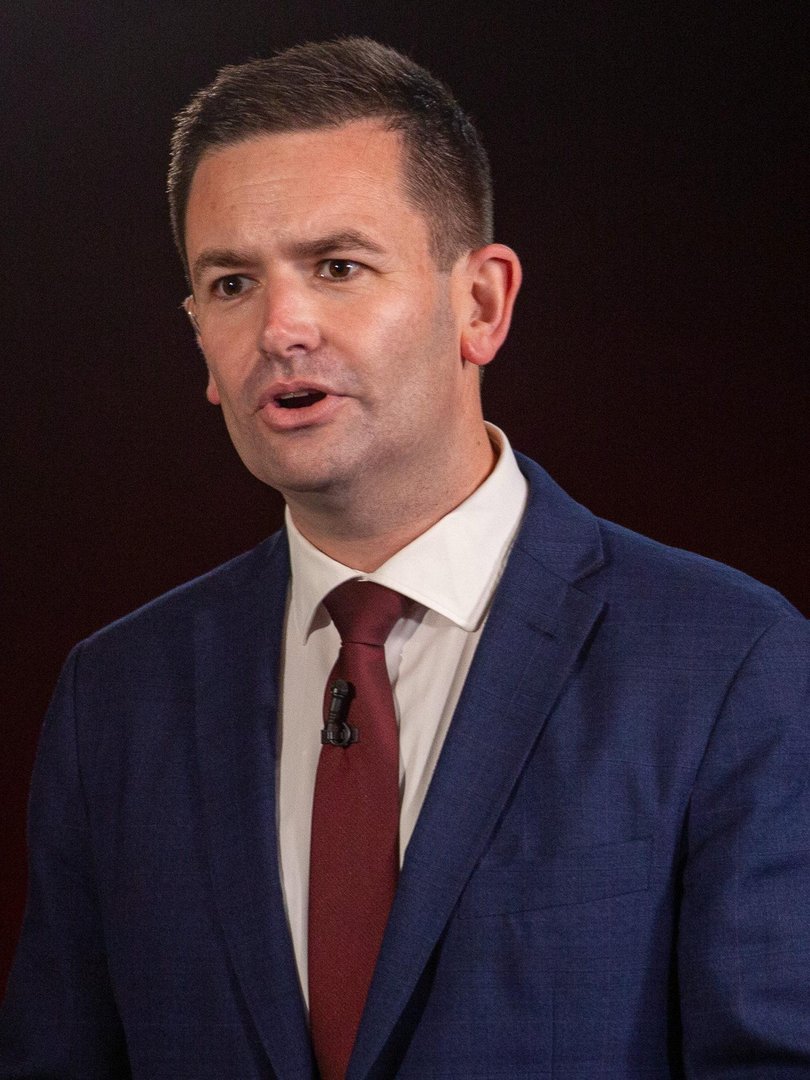
No confidence
Labor leader Dean Winter introduced the no confidence motion in June, citing the botched roll out of new Spirit of Tasmania vessels, the state of the Budget and the controversial Macquarie Point Stadium project as examples of Mr Rockliff’s failed leadership.
It passed 18 -17, with Speaker and Labor MP Michelle O’Byrne providing the casting vote in favour.
Instead of resigning, as is customary for a leader who loses the confidence of a house of Parliament, Mr Rockliff remained Premier, requesting a snap poll be held to determine his fate instead.
Tasmanian Governor Barbara Baker granted the request following an unusually long period of days of “due consideration”, ultimately deciding there would be no alternative as the Opposition leader refused to put together a minority coalition of his own and the Liberal Party room “unanimously” supported the continuation of Premier Rockliff in his role.
The dissolution of parliament ended just over a year of minority Liberal rule.
Premier Rockliff had been relying on an unruly group of crossbench MPs, including two former Jacqui Lambie MPs kicked out of the party by their leader just 92 days after getting elected, and former State Labor leader-turned-independent David O’Byrne – the brother of Speaker Michelle O’Byrne – to stay in power.
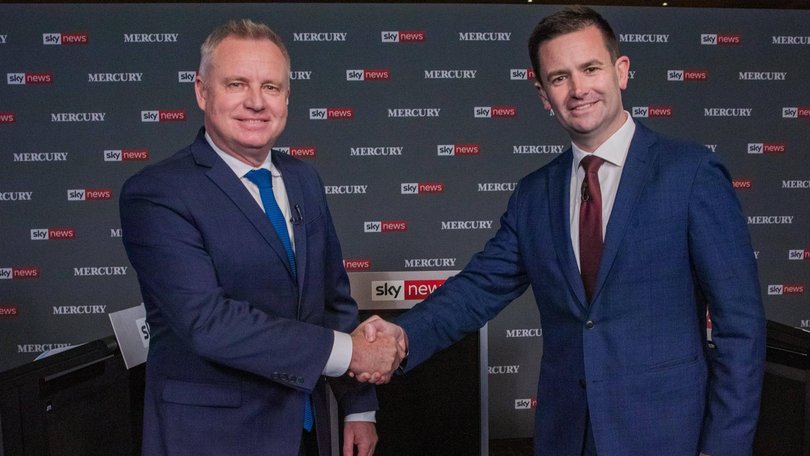
Macquarie Point Stadium
Looming large over Tasmanian politics in the last two election cycles has been the issue of the Macquarie Point stadium – a key condition for a Tasmanian team’s entry into the AFL.
The likely cost of the new stadium has been a controversy in itself, with conservative estimates pricing the venture at $775 million and others estimating the final figure to be more than $1b.
In either case, under a deal made with both the AFL and Federal Government, the Tasmanian taxpayer will be footing the vast majority of the bill.
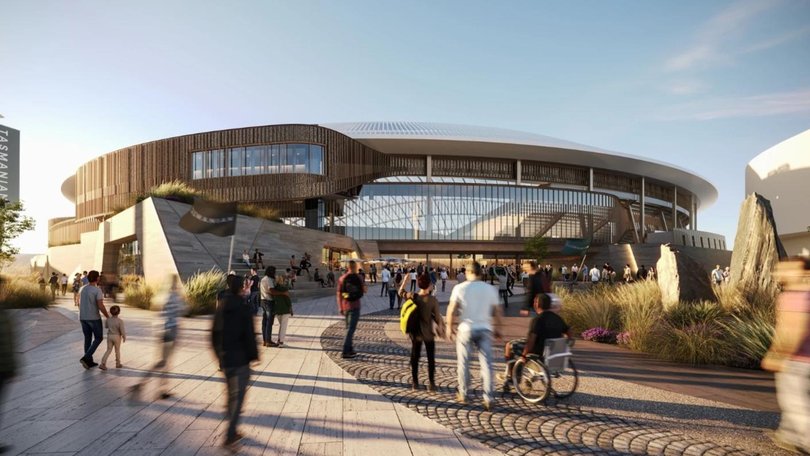
Both major parties support the construction of the stadium, however neither is likely to end up in a position to form majority government so they will be unable to dictate the terms of how this happens.
Wider support for the stadium remains strongest in the southern electorates of Clark and Franklin, which covers Hobart, but is much weaker in the north of the state.
The Greens and various independents are opposed to the stadium, making the scrapping of the current proposal a condition of their support for any minority government, although the AFL is adamant there will be no entry of a Tasmanian team, slated for 2028, without it.
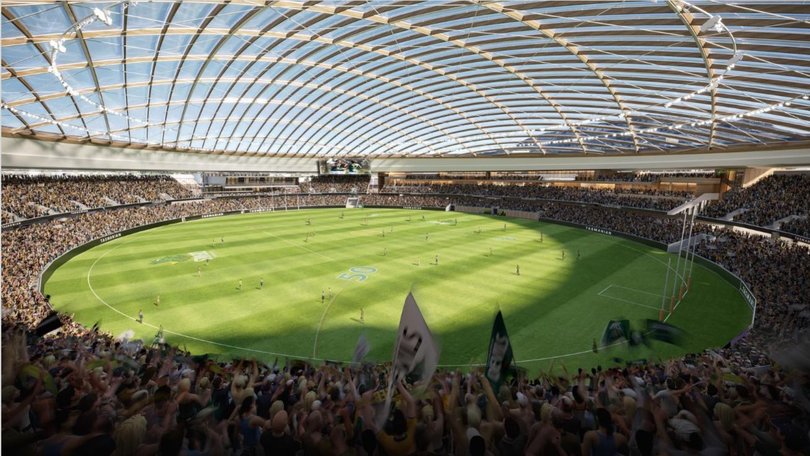
Spirit of Tasmania debacle
Cited in the Labor leader’s motion of no confidence was the Government’s bungled handling of two new Spirit of Tasmania ferries (Spirit IV and Spirit V) which were meant to start operation in 2024 but are yet to even arrive in Australia.
Last year, Tasmania’s deputy Premier Michael Ferguson was forced to resign from his cabinet positions as Infrastructure Minister and Treasurer after it was revealed the ships, being built in Finland at a cost of more than $900m, would have nowhere to dock.
The berth, initially forecast to cost $240m, is at least $130m over budget and delayed by over two years.
Spirit IV is currently off the coast of Africa, having recently left Scotland, while Spirit V remains in Finland.
Neither Spirit IV nor Spirit V will be able to operate on the Bass Strait route until the new berth infrastructure is complete in Devonport, expected to now be done by late 2026.
Mr Ferguson, now a backbencher, is standing for re-election.
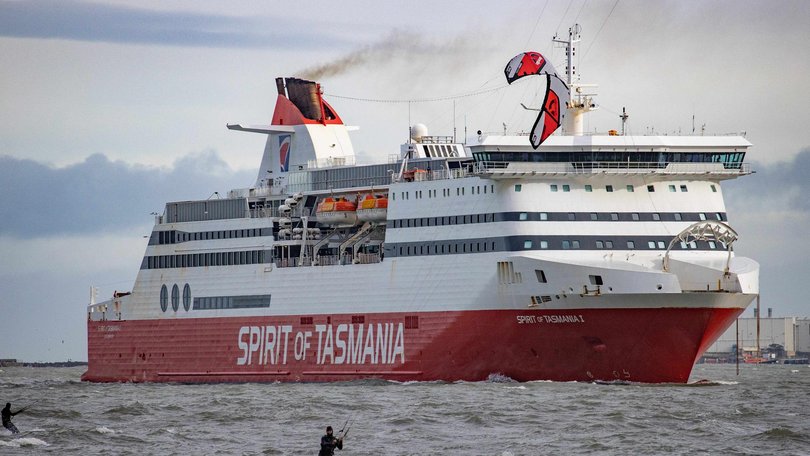
The State’s budget
Also used as a trigger for the no-confidence motion was the most recent state Budget, which forecast four deficits and debt reaching $10.8 billion in the 2028-29 financial year, earning it the title of the worst budget in the state’s history.
The budget didn’t go down well with voters either, with a snap poll after it was handed down showing only 11 per cent of Tasmanians thought the state would be better off as a result.
Rallying the majority of the crossbench to support his motion of no confidence, Mr Winter said: “If they really are opposed to the premier’s agenda of debt, deficit and debacle as they claim, then tell the house you’ve lost confidence in this premier.”
While the motion passed, Mr Rockliff was scathing of the Opposition leader’s performance, blaming him for an election that “Tasmanians don’t want and that Tasmanians cannot afford.”
“You might get rid of me mate, but they’re coming for you as well,” he told Mr Winter.
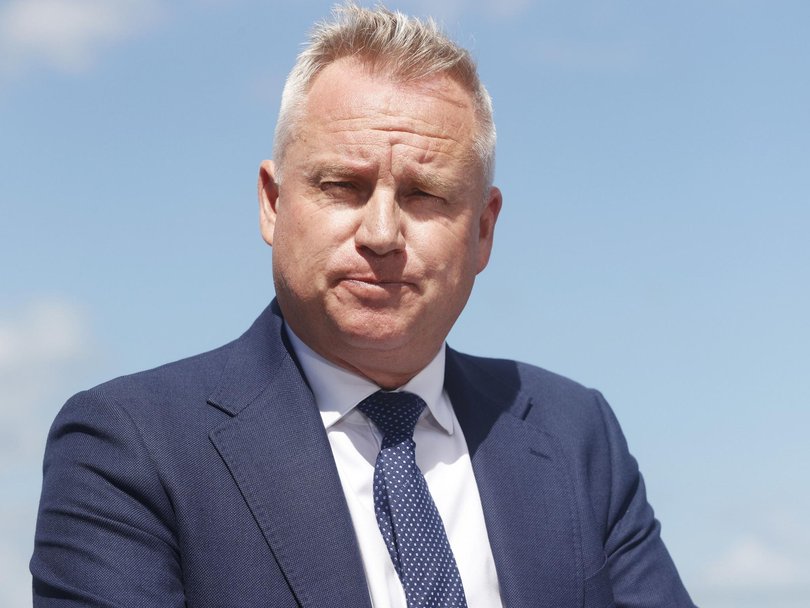
Harre Clark electoral system
Tasmania is one of just two jurisdictions in Australia that operate under a Harre Clark electoral system.
Under the system as it applies in Tasmania, there are five electorates which elect seven members each. Tasmania has only five electorates that more or less mimic the same boundaries as the five Federal lower house seats (all with the same names – Clark, Franklin, Lyons, Bass, and Braddon).
To be elected to the State parliament, a candidate requires enough votes to fill a “quota,”. Candidates who do not gain a quota have their votes redistributed according to preferences.
Both major parties run seven candidates in each of the five electorates.
Candidates who receive more than a full quota will have their excess votes redistributed.
The process continues until all seven positions in each electorate are filled.
Likely outcome
The recently published Tasmanian DemosAU poll gives the Liberals a 34.9–24.7 statewide vote lead over Labor, indicating while the Liberals will end up with the most seats in the 35-member parliament, they will still fall short of a majority.
With another minority government looming and the political issues which led to this snap election not going away, Tasmanians could well be back to the polls again – a thought very few would welcome.
Originally published as Inside turmoil facing Tasmania ahead of second state election in 16 months
